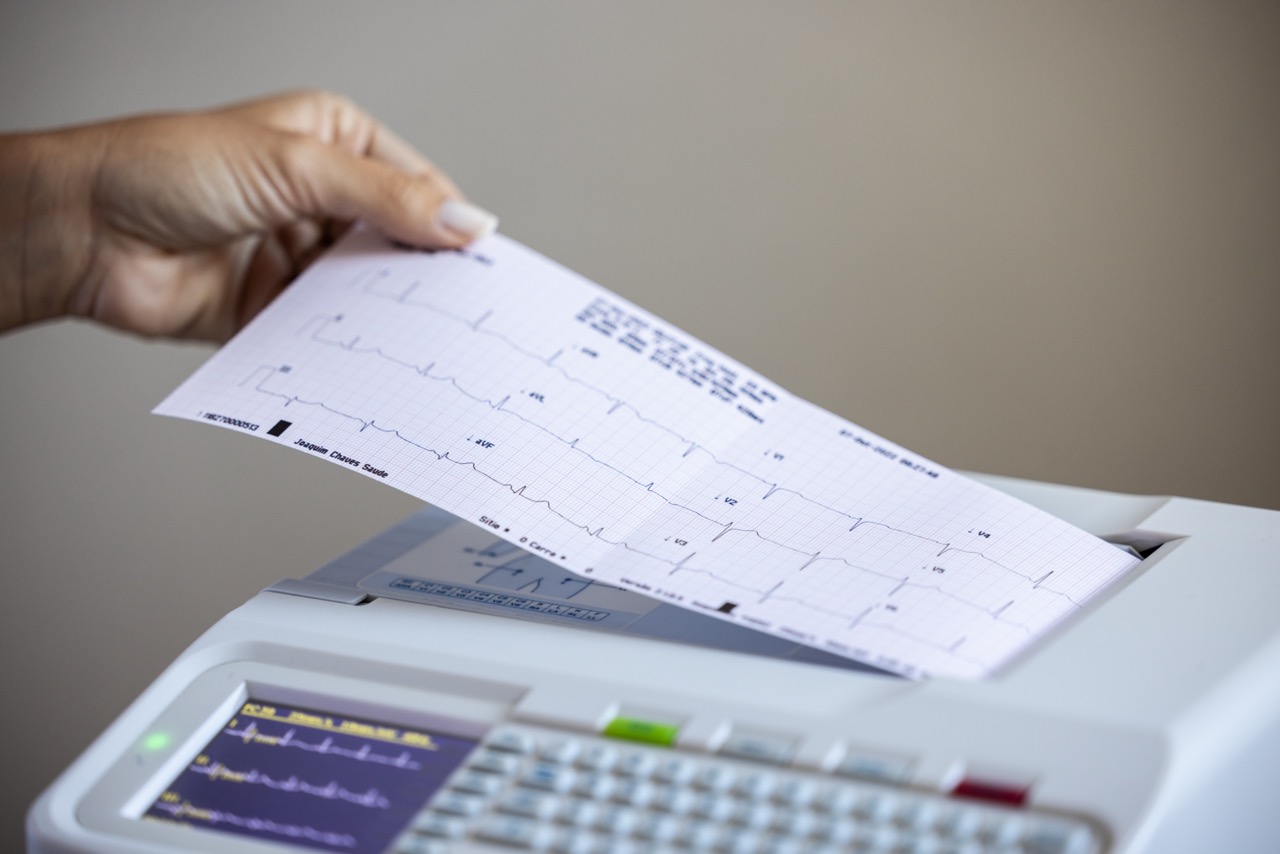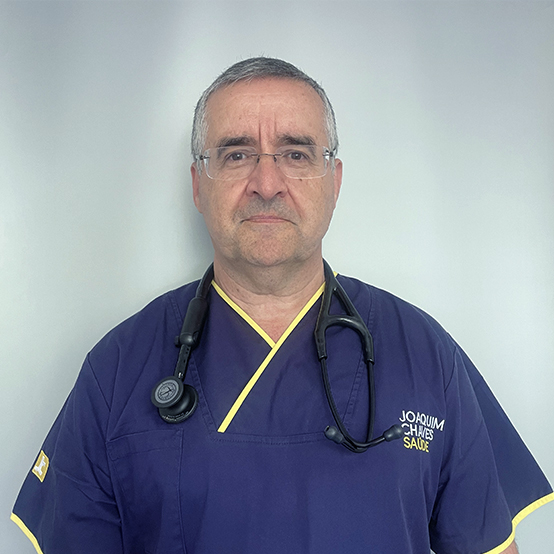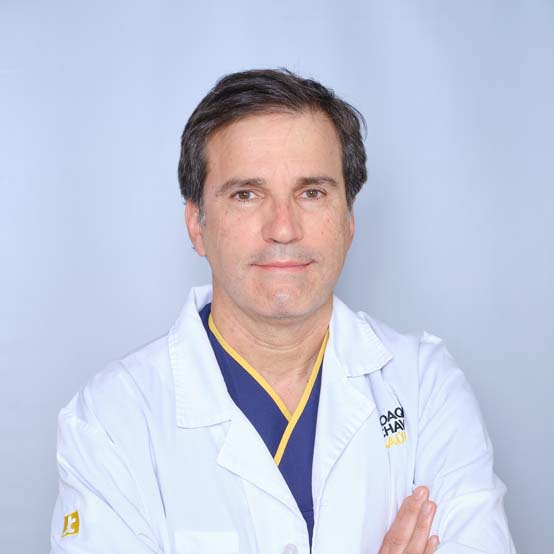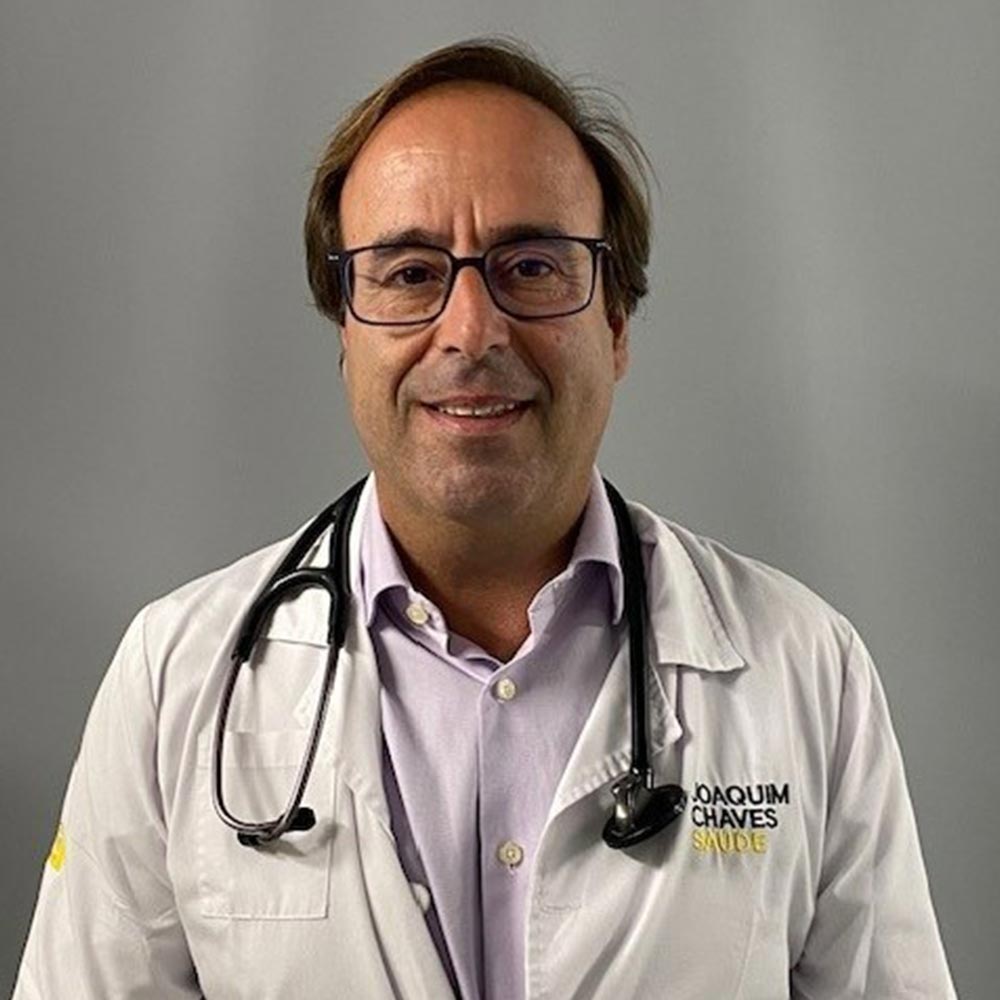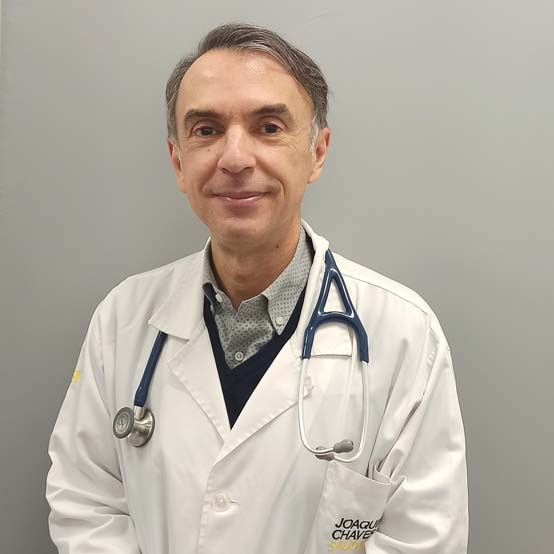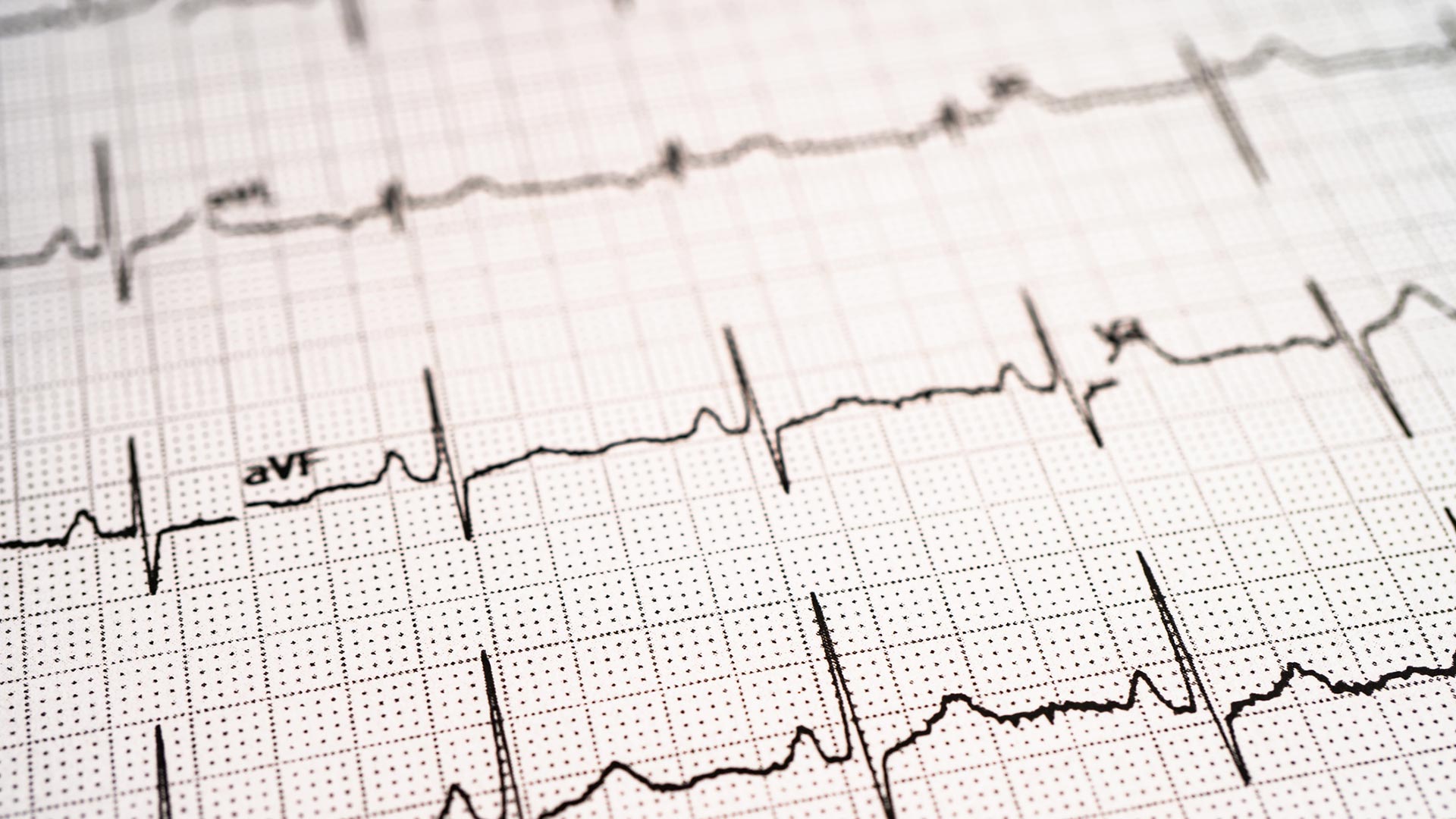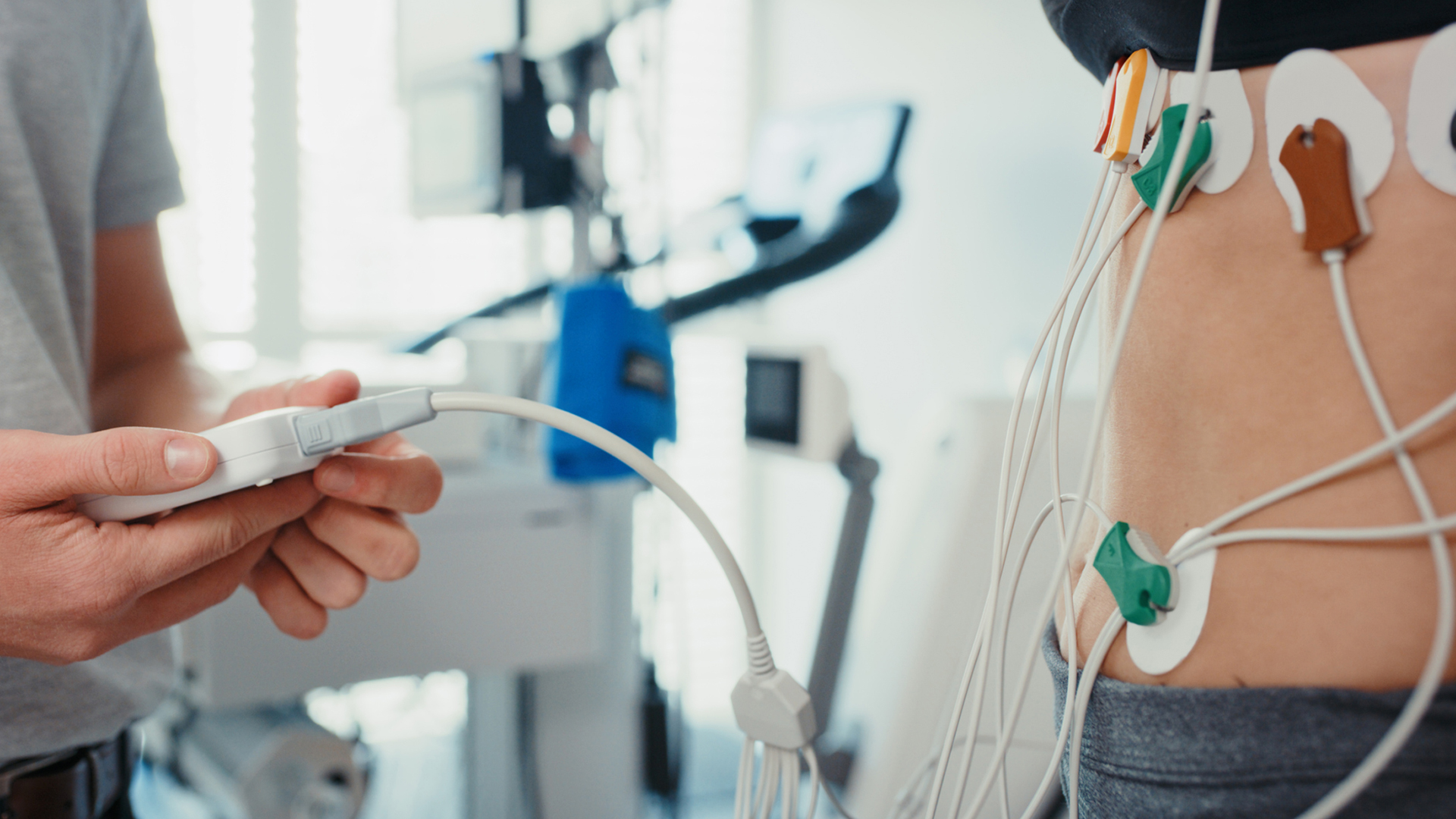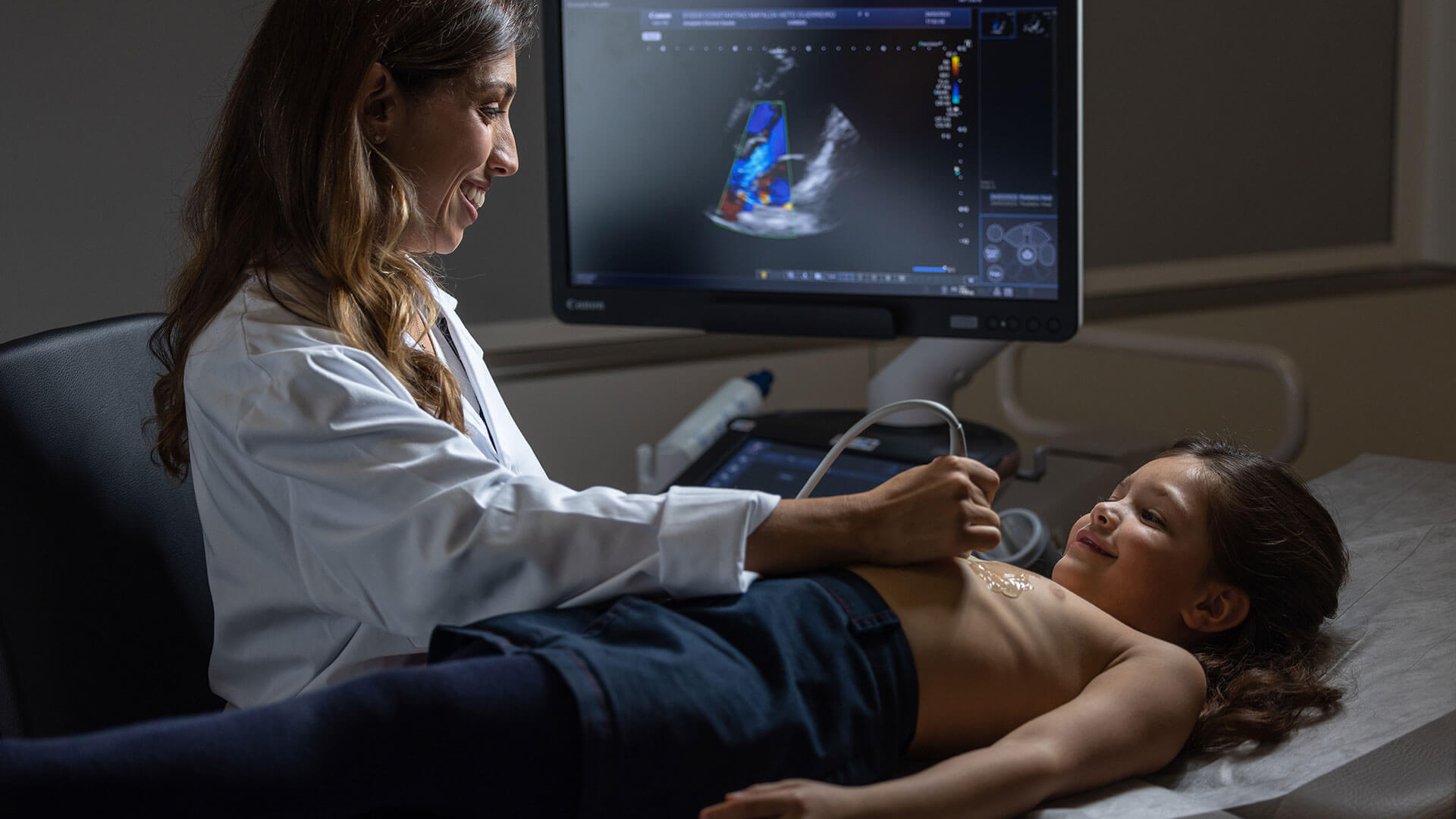Tachycardia affects the functioning of one of the most important organs in the human body: the heart. Discover what it is, the symptoms, and how to treat it.
In Portugal, around 10,000 people suffer from sudden cardiac death every year. It is therefore urgent to be aware of the signs of problems that can affect this organ on which the entire body depends. Learn how tachycardia affects normal heart function, the symptoms to watch out for, and how to treat it.
What is tachycardia?
Tachycardia is the increase in heart rate above 100 beats per minute (BPM). The normal heart rate at rest typically ranges between 60 and 100 BPM, and it varies greatly from individual to individual, depending on exertion, emotional state, and even age.
However, not every increase in heart rate indicates a diagnosis of tachycardia. It is expected that the heart beats faster during intense physical exercise and returns to the normal range when the person rests. The diagnosis is made when the heart rate exceeds 100 BPM while the person is at rest.
It is possible to count the number of heartbeats by palpating the arterial pulse or using readily available devices that monitor heart rate. Additionally, it is also important to determine whether the heartbeat is regular or irregular.
The most severe type of tachycardia is called atrial fibrillation, which accounts for about 15% of strokes. It occurs when the heart beats rapidly and irregularly. As a result, the heart is unable to effectively pump blood, depriving the tissues of oxygen.
What are the main symptoms of tachycardia?
The symptoms of tachycardia are a result of reduced oxygen supply to the human body. The following symptoms can be highlighted:
- Sensation of rapid heartbeat, even at rest.
- Dizziness or lightheadedness.
- Shortness of breath
- Sensation of palpitations
- Chest pain
- Fatigue
- Fainting
In the presence of these signs, you should consult your Cardiologist so that the cause can be identified. Tachycardia can be associated with the formation of blood clots, which can lead to a stroke, a heart attack, heart failure, or even sudden death. Therefore, do not hesitate to seek specialized help.
What can cause tachycardia?
Tachycardia can be both a symptom of another condition and a standalone disorder. Some clinical conditions such as heart diseases, lung diseases, anaemia, atherosclerosis, or even thyroid disorders can be the underlying causes of an abnormal heart rate. In these cases, medical assistance is urgent.
On the other hand, it can also be a response of the body to certain everyday situations, such as:
- Intense pain.
- Stress or anxiety.
- Panic attacks or phobias.
- Intense physical exercise.
- Strong emotions, such as fear, happiness, or intense fright.
- Consumption of tea, coffee, alcohol, energy drinks, chocolate, or tobacco.
- Use of certain medications.
However, in these common day-to-day circumstances, if the heart rate does not return to normal (for example, after the end of physical exercise or when the body eliminates the substances present in alcohol or coffee), then we are facing a situation that requires medical attention. Sometimes, the cause remains unknown, but age and a family history of tachycardia or heart diseases appear to be risk factors.
How to treat tachycardia?
The most effective way to treat tachycardia is to prevent it. Focus on reducing the risk by maintaining healthy lifestyle behaviours such as regular physical exercise, adopting a balanced diet, and maintaining a healthy weight. In the case of existing heart disease, it should be properly monitored and treated. It is essential to control blood pressure and cholesterol levels by regularly attending medical check-ups and, in addition, avoiding unhealthy habits such as smoking, excessive alcohol and coffee consumption, and stress. By doing so, you can better control all the underlying conditions that may cause tachycardia.
The therapeutic strategy, when necessary, aims to reduce the heart rate, prevent future episodes, and minimise associated complications. The treatment may vary depending on the type of tachycardia. It may involve the use of medications or the introduction of medical devices that detect and correct dangerously fast and/or slow heart rhythms, such as a pacemaker or defibrillator. In more severe cases, surgery may be required, such as bypass surgery or reconstruction/replacement of heart valves. At Joaquim Chaves Saúde, your Cardiologist will determine the appropriate therapeutic approach for your case and discuss the necessary lifestyle changes with you.
Tachycardia: some myths that need to be clarified
Having reliable information is the first important step in dealing appropriately with any condition, and tachycardia is no exception. Let's clarify some myths that can arise about this condition.
Myth 1: Only the elderly are at risk of having tachycardia
Tachycardia can occur at any age, even in newborns. In fact, most sudden cardiac death victims are in their most productive age. However, we may find a higher prevalence in people with heart disease or a family history of such conditions.
Myth 2: Tachycardia is always malignant
Tachycardia can be a normal response of the body to certain situations, and in these cases, it is not considered a pathology. It only becomes serious when it persists after the situations that caused it have been resolved, or when it occurs during moments of rest.
Myth 3: Excessive tobacco and alcohol consumption can be compensated by engaging in physical exercise.
The medical recommendation is to correct consumption habits and, concurrently, initiate intense and regular physical activity. However, these behavioral changes should be supervised by your Cardiologist to prevent undesired clinical consequences.
Myth 4: Individuals with tachycardia cannot engage in physical exercise
Tachycardia, on its own, does not prevent the practice of physical exercise. The type of exercises should be prescribed by your Cardiologist and accompanied by a Personal Trainer to adjust the level of effort to your physical condition.
An informed, proactive, and preventive approach is the first "medicine" against tachycardia. It ensures that your decisions and behaviours align with current medical and scientific knowledge, thereby avoiding the development of serious diseases that could be easily preventable. For this purpose, rely on the medical and clinical guidance regularly provided by Joaquim Chaves Saúde in the "Health Topics" section of their website. Because our goal is also to contribute to a more informed society.
Joaquim Chaves Saúde is here for you to treat tachycardia
Your health is our priority, and we have the best means and resources to address tachycardia. The Cardiac Rhythm Consultation, a subspecialty of Cardiology, is staffed by an experienced team equipped with the most advanced diagnostic and therapeutic methods. They are ready to help you understand your condition and successfully combat it. This subspecialty, led by Dr. Pedro Galvão Santos, is available at our clinics in Miraflores, Entrecampos, Moscavide Clinic, Carcavelos Surgical Clinic, Sintra, and Cascais.
To help you maintain a healthy lifestyle through proper nutrition and physical exercise, you can rely on a team of experienced nutritionists. Additionally, Joaquim Chaves Saúde also offers Joaquim Chaves Fitness Restelo, a gym equipped with excellent facilities and professionals to continue the plan prescribed by your Cardiologist. In one place, you will find everything you need to feel supported and to improve your health, quality of life, and well-being. Schedule your appointment now.
